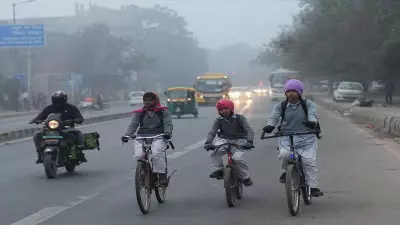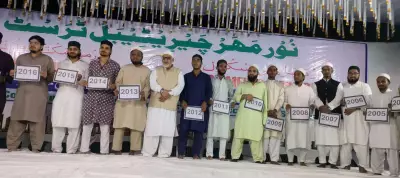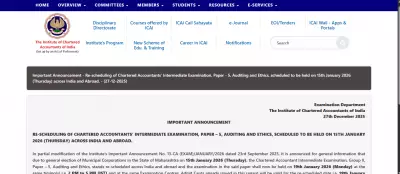
In a significant ruling that reinforces educational standards, the Allahabad High Court has firmly backed the government's mandate requiring specific minimum qualifications for the appointment of assistant teachers across Uttar Pradesh.
Court Dismisses Petitions Challenging Qualification Rules
The bench, comprising Justice Saumitra Dayal Singh and Justice Donadi Ramesh, dismissed multiple petitions that had challenged the government order mandating UGC and NCTE-prescribed qualifications for assistant teacher positions. The court emphasized that the prescribed qualifications serve a legitimate purpose in maintaining educational quality.
Key Qualifications Upheld by the Court
The court validated the requirement that assistant teachers must possess:
- Bachelor of Education (B.Ed) degree
- Teacher Eligibility Test (TET) certification
- Other UGC/NCTE prescribed qualifications
- Relevant subject specialization for specific teaching roles
Rationale Behind the Landmark Decision
The judges observed that prescribing minimum qualifications falls squarely within the government's authority to ensure quality education. The court noted that such requirements are essential for maintaining standards in the education system and cannot be considered arbitrary or unreasonable.
"The government is well within its rights to prescribe qualifications that ensure teachers possess the necessary skills and knowledge to educate future generations," the court stated in its ruling.
Impact on Teacher Recruitment in Uttar Pradesh
This decision has far-reaching implications for:
- Ongoing teacher recruitment processes across the state
- Future appointment procedures for assistant teachers
- Educational institutions seeking qualified teaching staff
- Aspiring teachers planning their career pathways
Strengthening Educational Standards
The ruling underscores the importance of maintaining high educational standards in teaching appointments. By upholding the qualification requirements, the court has reinforced the principle that quality education begins with qualified educators.
The decision sets a significant precedent for similar cases across India, emphasizing that educational qualifications cannot be compromised in the teaching profession.





